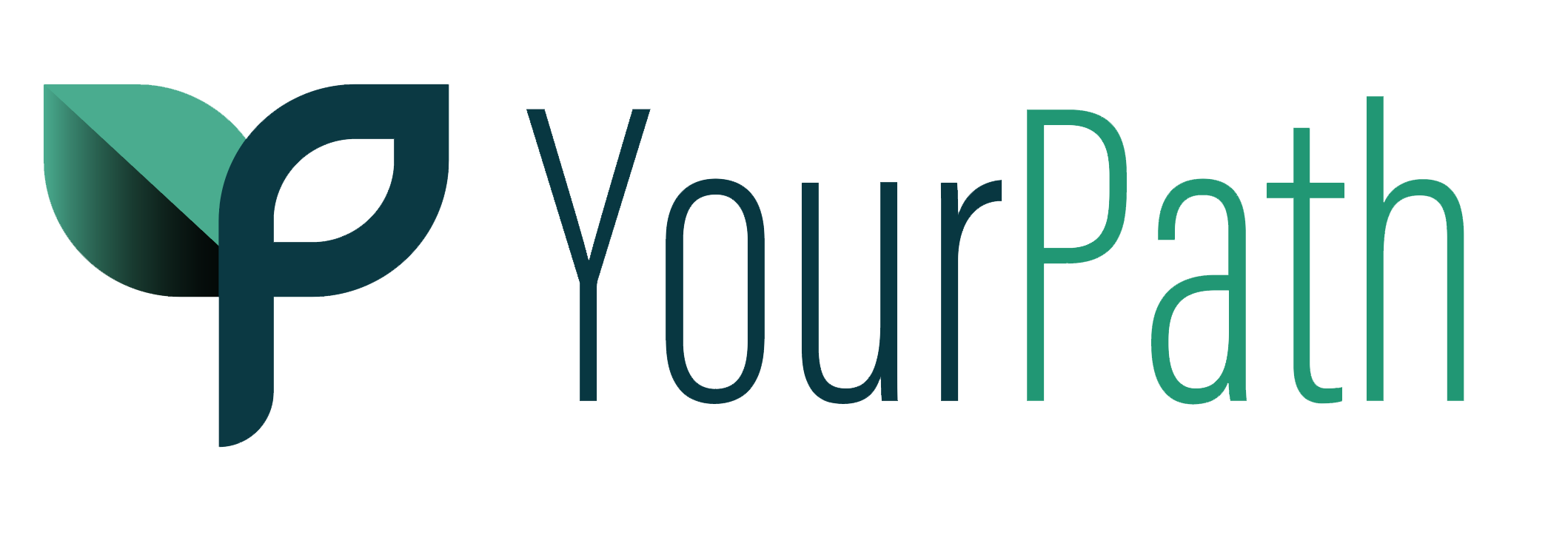Sacklers are a symptom: A crisis defined by profit
The addiction and mental health crises were driven by profit. Period.
Across the board, communities, institutions, organizations and individuals chose, in small ways and large, to ignore — or capitalize on — the suffering of the most-vulnerable. Government and private sector, for-profit and non-profit, large and small, the opioid crisis is a revelation more than it is the crisis itself. It is a revelation of the morally-bankrupt nature of our institutions and the inability of our current power structure to ensure safety or justice.
While pointing the finger at the most-glaring caricatures of graft, many, many more institutions chose to benefit at the expense of the people they should have been serving or protecting. They continue to do so. This willingness to attempt to make this crisis profitable has caused as much harm as the actions that were driven by outright malice. This moral head-in-the-sand is participated in at such a scale that it has created — and is perpetuating — the largest public health crisis our country has ever seen.
The Sacklers, the family behind Purdue Pharma, settled with the Justice Department this week, paying a $225m settlement to resolve a civil probe. The headlines are reading that this is an $8.5b settlement, but that is a ruse. Purdue will enter bankruptcy and almost none of the promised money will materialize. The money that does — like all money in this space — will go to those who have the ear of policymakers, not those in the communities devastated by the collective failure of the responsible institutions.
The Sacklers are almost cartoonish in their villainy. Their absurd wealth, their callous indifference to the plight of the millions of Americans affected by the tidal wave of Oxycontin that swept the nation, their 15-year-long effort to squirrel away billions, knowing they would be sued — all of this is morally reprehensible. It is also more typical than not, perhaps a difference of quantity rather than a difference in type. They are certainly the most visible of those most-responsible for this crisis, but they are not alone — far from it.
Recently released court documents reveal how much the family knew as early as 2007. In this email, David Sackler directs his family members to transfer as much money as possible out of Purdue Pharma and into assets:
“…it’s better to have the leverage now while we can get it than thinking it will be there for us when we get sued.”
Not if we get sued — when.
In 2007, the opioid crisis was primarily driven by prescribed painkillers. These were the days of cheap black-market Oxycontin in Minnesota, obtained via large, inappropriate, local prescriptions or from folks making the hike to other regions to hit the pill mills.
Some people began to sound the alarm. Legislative and judicial changes started in some parts of the country. In Minnesota, the crisis began to become more of a mainstream concern a little later. Heroin started showing up in places that weren’t accustomed to it — white, young, middle-class places. The visibility of this demographic correlated with a policy shift. The “tough on crime” Drug War approach to addiction was replaced with a bipartisan movement to treat substance use as a public health issue — at least for white, middle-class people.
In 2011, Steve Rummler’s family started the Steve Rummler Hope Network — leading the advocacy effort in MN and successfully lobbying the legislature to pass Steve’s Law in 2014.
In this time, so many people struggled to obtain health coverage, treatment services, or help of any kind. The rationing of care that is universal in our country was directly responsible for the worsening of this crisis. The absence of a recovery-oriented system of care, access to harm reduction services, and view that people need to “hit bottom” contributed to so many deaths and so much suffering. The lack of medication-assisted treatments and the regulatory barriers to their access remains heartbreaking.
I was once of the mind that these treatments were incompatible with recovery. I am grateful for those who helped my see their lifesaving benefit while I find myself still making amends for offering care for SUD that I now believe is ineffective and unethical.
On the whole, we appear to have learned little. Our national discourse is reverting to old tropes and discriminatory stereotypes about people with SUD. Our systems of care continue to be driven by profit and the status quo rather than what is good for our patients. And most of all, many of us — myself included — are constantly tempted to pretend that every situation is a win-win for us and the people we serve. There are hard choices to be made. And, they should remain hard.
I want to take home a paycheck. Our startup team has been working without pay for about six months at this point. I have the privilege and support from my partner to do this, but it is not terribly comfortable. I want to be comfortable. I also want desperately to serve our communities. This tension should always be a tension.
Being clear-eyed about the inevitable grey areas and the tradeoffs necessary to operate in healthcare doesn’t mean that we can become numb to the overwhelming injustices of our current healthcare system.




